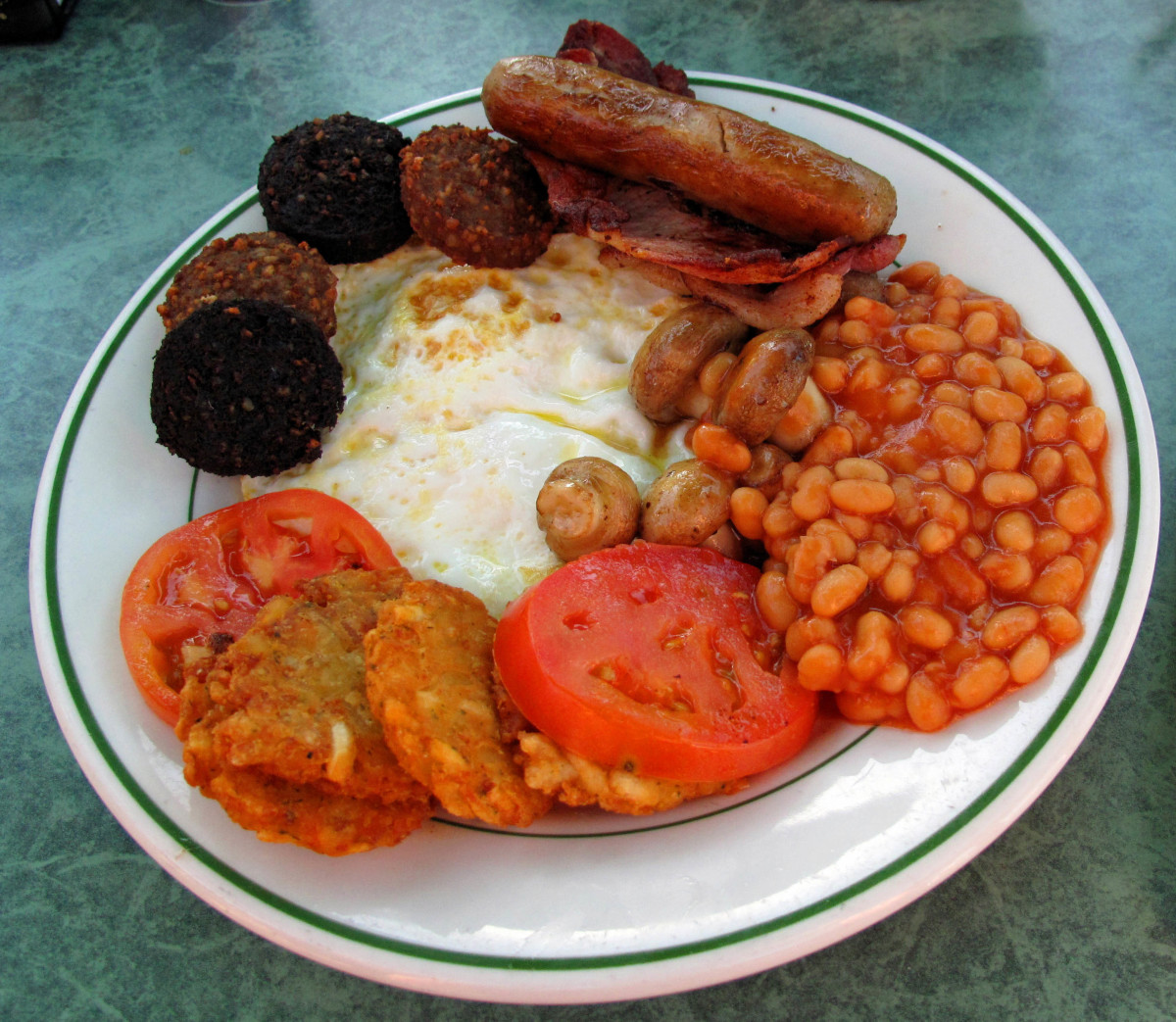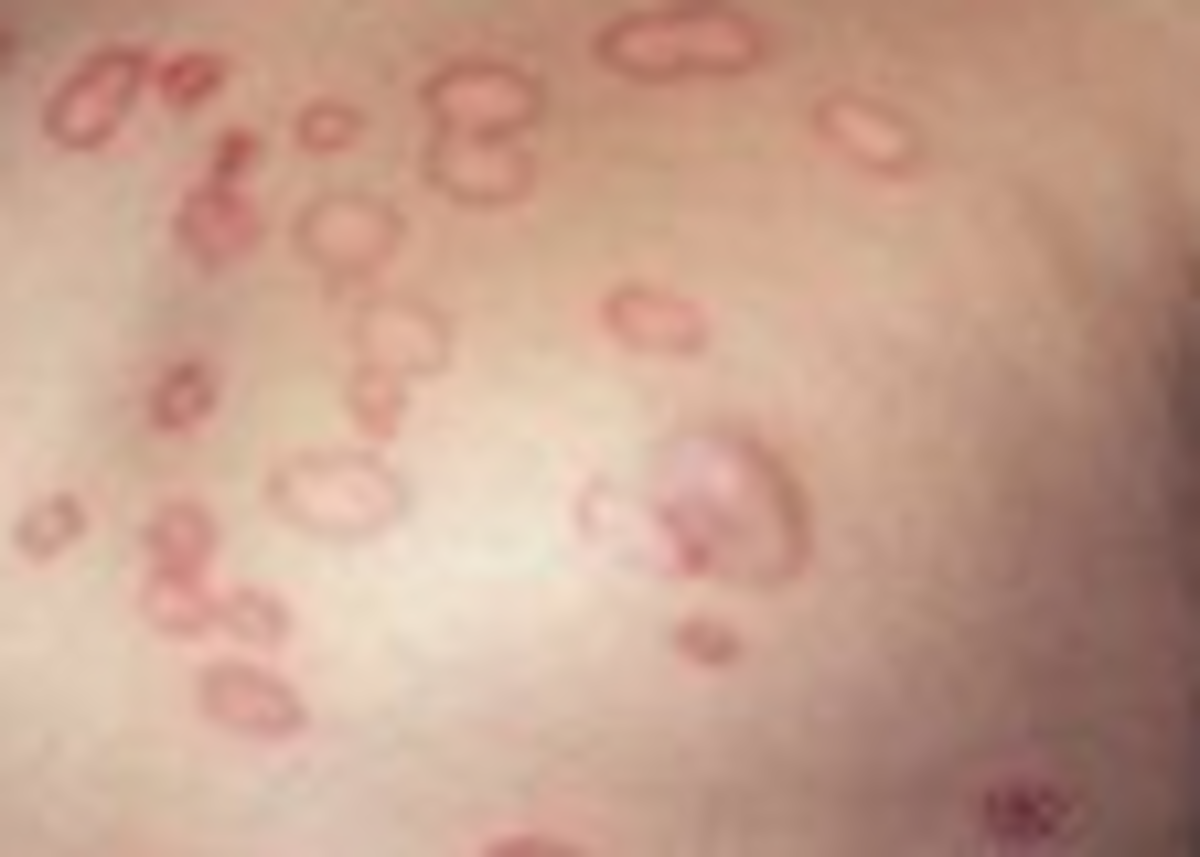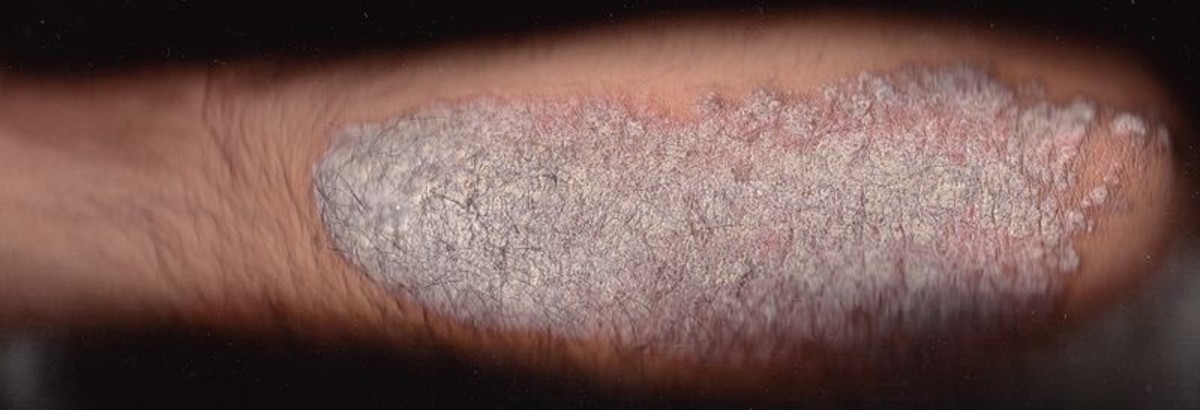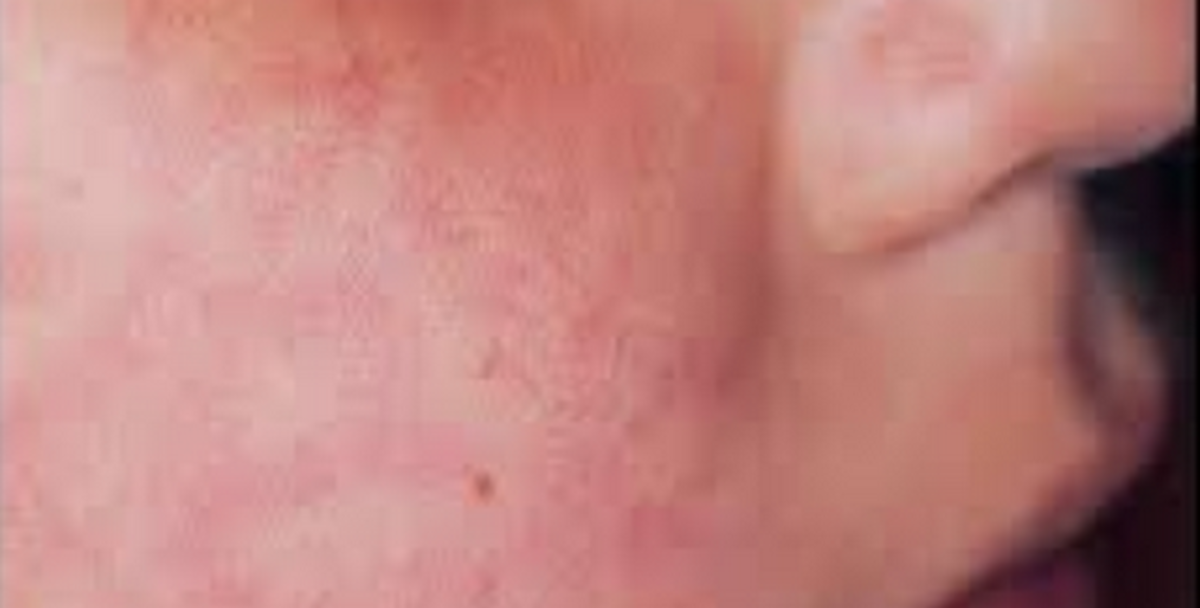Acne and the Foods We Eat
Acne
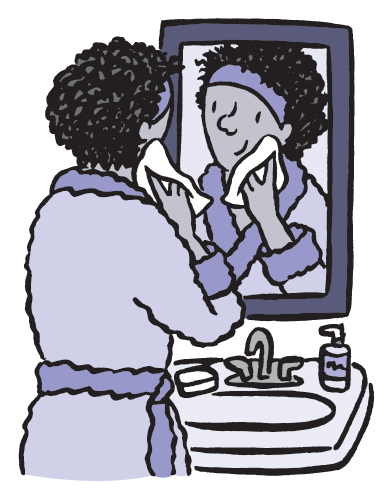
Acne and the Foods We Eat
Does Dairy Cause Adult Acne?
It may not be the dairy it may be the sugar in the dairy that is causing the acne.
There is a connection between the foods we eat and the health of our skin. our skin is a reflection of our overall health. A diet that is full of nutrition will help keep your skin looking its best. A diet in poor nutrition shows on the skin as well. Some foods we eat most definitely hel our skin look healthier, smoother, and more glowing. Some foods will cause our skin to break out with acne, blemishes, and rashes. Diet has a lot to do with correcting skin problems. Decades ago, studies were doing showing there were no correlations between acne and diet. In recent years, research has countered this thinking.
Some foods that make our blood sugar soar may cause a reaction in our skin because our body makes a burst of insulin in order to help the cells absorb the glucose sugar.
Sweet foods, and drinks push up our blood sugar very fast and makes more insulin circulate in the bloodstream. Research seems to point in the direction that insulin may have an effect on acne in the skin.
There are many theories about the relationship between dairy and acne, some dispute the connection, others are proponents of the link. One theory says that milk has some testosterone in it that might stimulate the sebaceous (oil) glands in the epidermis and make the skin more prone to acne. Studies have shown there is a relationship between dairy and acne, but the research has yet to show cause and effect that proves dairy causes acne. If acne tends to be a problem, talk to a nutritionist about cutting out dairy and ways to get a balanced diet, and see if there is less breakouts in their skin. If you see that your skin has cleared up after you eliminate dairy, try to have a little bit in your diet and see how your skin does. Some people can have a little bit of dairy and not have any breakouts.
Milk and Your Skin
Dairy provides calcium and vitamin D, which is important for our bones, and our overall well being and it is better to have dairy in your diet. Goat milk and feta cheese may also be a good alternative that will not have any cause acne. If you do have to cut out dairy, supplement more calcium rich green vegetables like kale, broccoli, mustard greens. .
Inflammation going on in the body, can also show up on your skin. Fatty acid in some foods can increase or decrease inflammation. Create a better balance by using less oils like vegetable, safflower, corn, and canola. Free range beef and chicken is better because these animals ate from the pasture, and were not corn fed. Fish is high in Omega 3 fatty acids. Salmon and mackerel are especially good fish to eat.
If you are dealing with bloating, constipation, gas, your digestive tract may not be running optimally and you may get skin breakouts. Antibiotics and birth control pills can interfere with the good bacteria in your intestinal tract. This also could cause more acne.
Milk contains natural sugar, fruit contains natural sugar. What may appear like the yogurt in your diet is causing the breakout, your fruit filled yogurt has plenty of sugars which could be creating your skin problems.
Goat milk and sheep milk and cheeses made from this will normally not affect any outbreak on your skin.
Over the last century our dairy and sugar consumption has increased and so has skin acne. It is estimated that there are over 17 million people dealing with acne. Costing our health care system over a billion dollars annually. The majority of teenagers, nearly 80 to 90% of teens are persistently dealing with acne. Advertisements galore try to say they are the remedy. Prescription medications have many drawbacks. It has been shown the antibiotics and brands like Accutane, dermatologists prescribe, can have long term detrimental effects.
Diet and Acne
As more research is done in this area, medical science is pointing more and more to the foods we consume as a major factor in the cause of acne. A study done in 2009 reviewed 6 clinical trials together with 21 observational studies and concluded that there were clear cut links. From the research, the scientists were able to see that dairy from cow’s milk had a significant impact on the participants skin by increasing the quantity of people who got acne and how severe their case was.
In other studies, sugar and diets high in starch also increased acne. Food that had a high glycemic diet like pasta, flour, bread, rice, sugar, cereal and others had much more acne. The only food that did not fit this criteria was dark chocolate, which did not seem to be a cause of acne.
It is believed that the sugars in dairy and these other foods cause spike in certain hormones that make the skin more prime to creating the breakouts. It is known that dairy boosts testosterone and and androgens, both male sex hormones by increasing levels in the same way sugar and highly starchy carbohydrates increase insulin.
In a well known study, called the Nurse’s Health Study, it was shown that teenagers who had severe acne had higher milk consumption. The research study, which included 47,000 nurses and their health habits, showed that the quantity of milk they consumed as teenagers correlated with the acne they suffered with. Those who consumed higher amounts of milk had many more cases of acne, compared to the teenagers who had little or no milk consumption as teenagers. At first glance, it could be concluded that the fat in the milk might be the culprit. But upon looking closely, the study showed that skim milk created more potential for acne to develop. Other studies, using over 10,000 young males and females, showed a direct correlation between milk in the diet and the severity of the acne in the nine to fifteen years olds in this study
Vitamins Can Help With Acne
The Typical American Diet
As researchers have studied more, the sex hormones in the milk are not the only cause just because they have the potential to stimulate the insulin production in the body. It appears that the lactose and milk sugars spike the insulin levels hundreds of times and can also be a contributing factor to prediabetes.
The dairy council has tried to put a positive spin on this by saying that milk assists with weight loss. But dairy, is not the sole cause of acne. Other recent studies show that refined carbohydrates, those in a high glycemic diet and the sugars in many foods also cause acne.
By getting kids on a more whole foods, low glycemic, and healthier diet, acne will most probably improve. Studies have shown this to be true, especially when it was compared to control groups who ate the typical American diet that is high in sugar. Those who ate healthier had less acne, lost weight, and showed more insulin level sensitivity. The lower insulin levels and lower sex hormone levels are probably the reason for less breakouts.
Science also knows that women who have greater amounts of sugar and who show some insulin resistance tend to get facial hair growth, acne, hair loss and even infertility. The male hormones in milk increase the probability of this occurring, in addition to polycystic ovarian syndrome. Research is pointing more and more to the idea that nutritional intake is more the issue than the idea that this may be a gynecological disease.
Still, sugar is not the only reason for acne. Fat in the diet also contributes to skin breakouts.
The typical American diet includes plenty of saturated fats, too much Omega 6, too many trans fats, and way too much soy, corn, and vegetable oils, all of which are processed oils. The problem with these inflammatory fats is that they increase OGF-1 which stimulate follicles in the skin that produce pimples.
Omega 3 fats, which come from fish oil reduce inflammation and might help to improve the breakouts so many acne sufferers are dealing with.
Your Skin and Your Diet
Hormonal balances can also be an acne trigger. The glycemic factor, which is calculated by how fast the foods we consume increase insulin levels and blood sugar levels, affect hormones. Exercise has also shown to reduce insulin levels.
Both insulin and androgens stimulate the skin and cause the skin to create pimples. Acne is more complicated than this, and although excess milk and sugar make the breakouts worse, there are other factors that play a role in the cause of these skin imperfections.
Increasing the levels of Omega 3’ and fat intake , vitamins E and A, and zinc can be more than helpful in acne prevention.
Paying attention to what we consume is definitely a help in the treatment and prevention of acne. Diet changes may be the simplest, and most effective strategy to deal with acne. By staying away from dairy, and eating foods lower in sugar and a low glycemic load, your skin may have a less breakout. The calories we get from sweetened drinks, foods high in sugar, and starchy products like breads and flours increase the insulin level and increase skin acne.
People who eat more vegetables, which contain antioxidants and other healthy compounds, including those that are anti inflammatory, also have less acne.
Increase the amount of fish you consume to increase your Omega 3 fats. Primrose oil, which contains Omega 6 fats is a good supplement to help reduce the inflammatory effects of our diet.
There are good foods that help correct acne that good to include in your daily intake of nutrients, such as tumeric, green tea, ginger, nuts, and foods such as berries and othe dark purple fruits and vegetables. In addition, green leafy vegetables are also important to add to the diet in order to reduce acne. These and other foods that are have higher antioxidant levels are helpful in the battle against acne.
Probiotics, which is the healthy bacteria in the intestines, are also helpful in reducing inflammation and improving acne.
If acne is a problem for you, you can take more control of the foods you consume, and help yourself and your skin with an easier solution than many of the medicinal products that are tapping into your pockets to make more sales for their companies. The benefits to you are many, including not only reducing or eliminating acne, but also getting beautiful, glowing skin.




